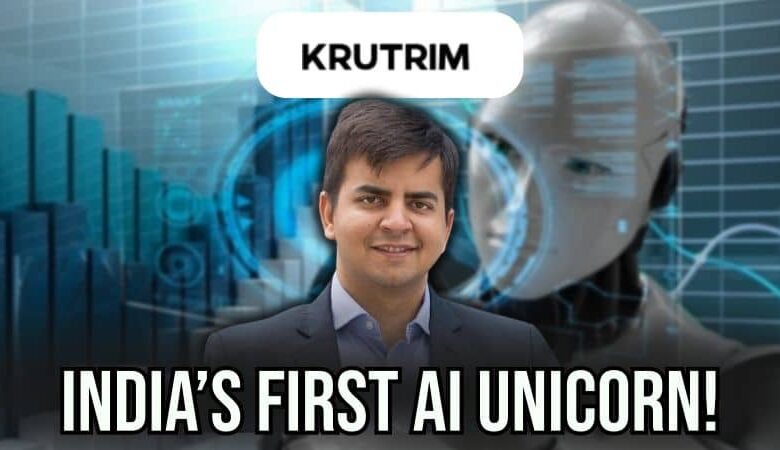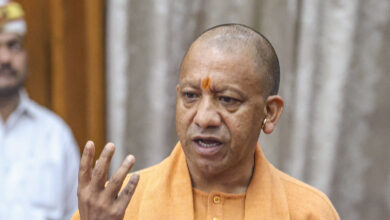
The Indian venture into the generative AI domain has gotten into tangos, as evidenced by the release of Krutrim, the country’s own ‘Chat GPT,’ and MeitY’s (Ministry of Electronics and IT) advisory digit. However, some setbacks that its initial launch brought the company to light, and the Ministry of IT’s recommendations, which warn about dangers like misinformation and privacy on AI, raise the question of whether India is ready for the AI revolution.
According to the government, AI regulation risks limiting innovation through the loss of identity. However, India needs to tackle several issues, such as the deficit of high-quality data, the regular emergence of stricter privacy laws, the shortage of AI skills, and insufficient computational power—obstacles that can hamper the success of AI innovations in our country.
Since global tech is rapidly moving towards generative AI, India understands it has to reach a point where it is good at expanding innovation, adhering to ethical principles, and protecting Indian citizens’ privacy. Likewise, the initiative of ‘Krutrim’ and MeitY directives show the complexity of India’s AI tomorrow, which will require a robust framework to efficiently deal with the obstacles.



